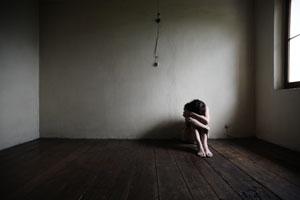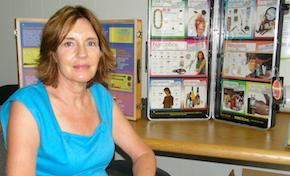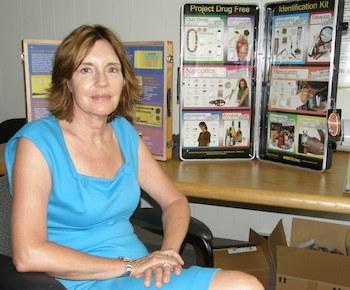Support groups for parents or family members of loved ones dealing with an adolescent’s substance use issue may seem scarce, but the truth is, they are out there. They do exist. Even though the disease of addiction affects every community, families facing this disease often feel completely isolated. Most don’t know that support groups are available to help them manage the many challenges of helping a loved one. Whether your family is working together to offer support to a loved one; you are caring for a child who is struggling with an addiction; or you are grieving the loss of a loved one, a fitting support group may be just what you need to cope during this time.
A new resource, The Support Group Project, has been designed to do just that – connect parents and family members with a community support group. The Support Group Project provides an online directory of support groups throughout the country so that people can easily search for a group in their community. The Support Group Project provides parents and family members with the ability to search for support group programs by zip code, even by preferred meeting date. Detailed information about each group is available and includes information such as who the group may be appropriate for; how many people typically attend the group; and what additional supports the group may offer such as referrals and peer support.
In order to fulfill the mission of this project, the website needs to be populated with as many support groups as possible. In the true sense of the phrase “it takes a village,” the time is now to build this community of support so that no one has to face addiction alone. If you host a support group, please consider joining The Support Group Project. Registration on the site is free and only requires that groups maintain up-to-date program information.
It is up to every support group in America to make themselves known. It is up to every neighborhood to close the door to the stigma that continues to surround addiction and open the door to support. It is up to all of us to make sure that no parent or family members have to face this devastating disease alone.
We are hopeful that this resource will unite families and elevate the support that is much needed across our country as we embrace those affected by addiction.
If you host a support group, please register today.
Kimberly Kirby, Ph.D. is a psychologist with specialization in behavior analysis and behavioral pharmacology. She received her doctorate from the University of Kansas and completed postdoctoral training at Duke University and the Johns Hopkins School of Medicine. She has focused her research on behavioral treatments that improve motivation for recovery and addressed issues related to drug abuse and the family. She has more than 100 publications in professional books, meeting proceedings, and journals.
The Support Group Project was created by the Treatment Research Institute (TRI), in collaboration with Hope for Addiction. The research and the publication of the website were supported by the National Institute on Drug Abuse of the National Institutes of Health.
For further information on starting a Support Group for parents, contact Talbot Partnership at 410-819-8067. Please also visit our website at www.talbotpartnership.org or find us on Facebook.









